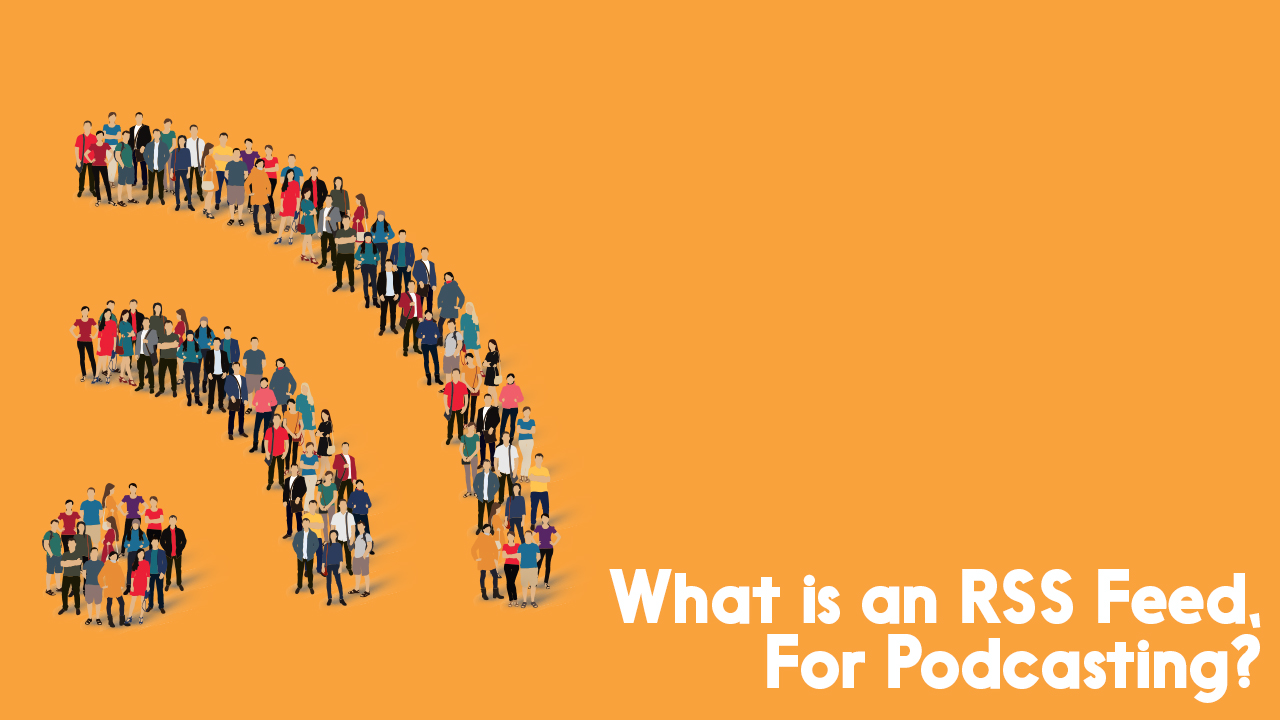Why We Need To Protect Open Podcasting (& How You Can Help!)
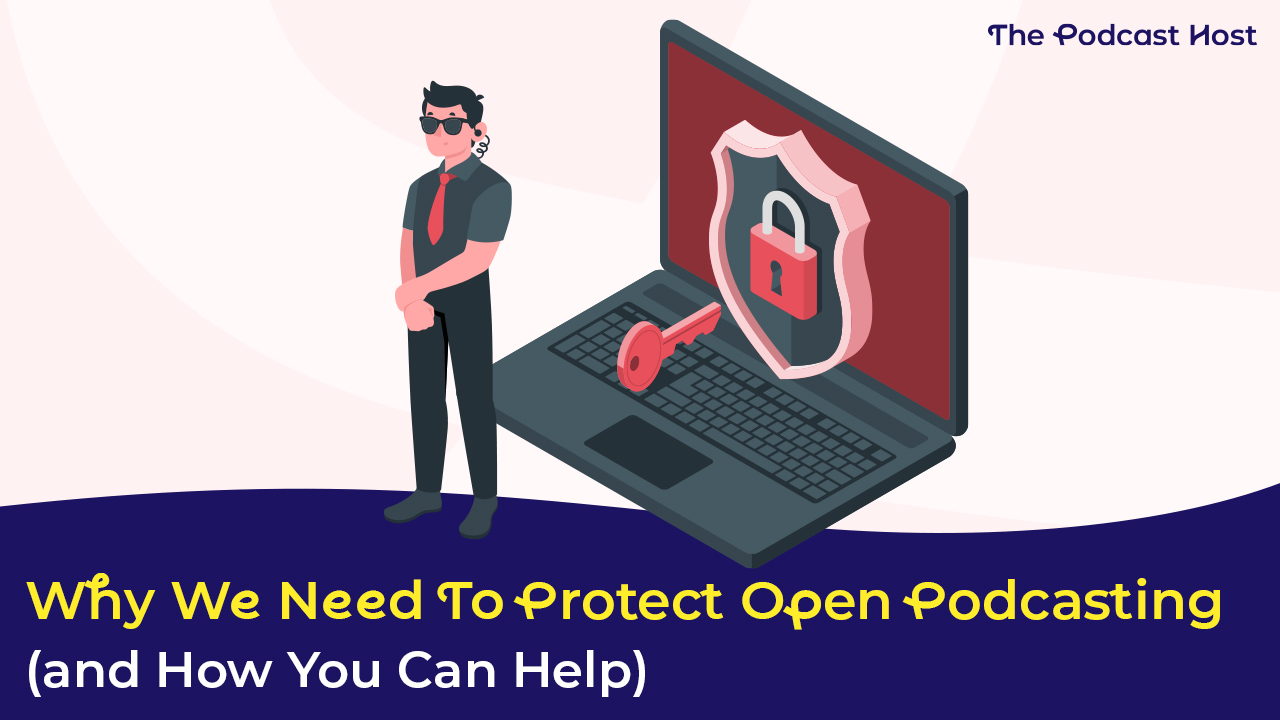
As a podcaster, are you ever amazed to find your show discovered and downloaded in an app you’ve never heard of?
Or, as a podcast listener, do you delight that when you hear about a cool and interesting new show, you can open up your favourite listening app, find it, and add it to your playlist amongst all your other go-to pods?
These are both examples of what’s known as “Open Podcasting”.
Open podcasting has always been vitally important to how the industry works. Still, it’s hard to talk about without getting super technical or glazing over in the middle of the conversation. This is because those conversations often start with the most tech-savvy industry folks – not your average podcaster – and certainly not your average podcast listener.
But open podcasting is crucial to our industry, and the way things are moving, it’s at threat. So much so that a coalition known as the Podcast Standards Project has assembled on a mission to protect it. This coalition has the involvement and support of many household names in the industry, including Transistor, Captivate, RSS.com, Blubrry, and Buzzsprout.
In this post, we’ll look at why open podcasting is so important to independent podcasters and what we can do to protect it.
But first…
What Is Open Podcasting and Why Is It Under Threat?
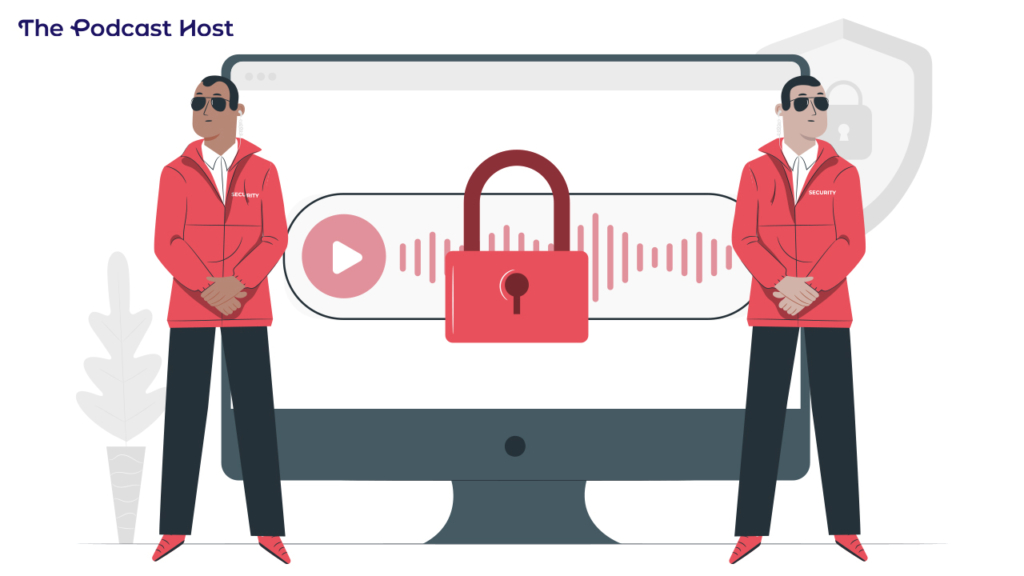
In the simplest, least-techy terms possible, open podcasting is the system that allows you to publish, share and monetize your podcast content however and wherever you like. Thanks to a brilliant little thing called an RSS feed, you can distribute your podcast anywhere, and listeners can choose wherever they want to listen.
If we compare open podcasting to closed podcasting, the whole concept becomes clearer: Closed podcasting is when a platform distributes content within its own “walled garden” ecosystem.
Here, a service (for example, Spotify) might boast about its “exclusive podcasts”. But the caveat is that you must use or subscribe to their app to consume them. They become more akin to subscription services like Netflix.
On the March 31st episode of Podnews Weekly Review, guest Charles Wiltgen made this compelling argument:
So just like any web page can be viewed by any web browser, we want to make sure anything that calls themselves a podcast can be used with any podcast player. We think that proprietary podcasting – call it “closed casting” – removes choice. It locks people into one player, it locks creators into single vendor services, and it also disrupts the relationship between creators and their audiences. If you have a proprietary platform, you automatically have a middleman who owns that relationship. And we think that’s a shame. We want to make sure that open podcasting stays vital.
Charles Wiltgen
Web browsers are a common analogy because back in the early days of the internet, the folks who created and maintained them had to collaborate on certain standards to ensure the internet “worked”. If that hadn’t happened, things might look very different today. You might’ve had to use six different web browsers to access a multiple range of websites. Kevin Finn, on episode 99 of Buzzcast, explains:
So any website that you land on now, regardless of the browser you use, you’re going to be able to make a transaction, you’re going to be able to make a purchase. So they standardize on things like what is a secure browser protocol that we can use? And they came up with secure socket layers and how’s that going to work, and form fields that all work consistently. So if I land on a website and I’m in Chrome, I might just punch in my credit card information and buy whatever it is I’m looking for. In Safari, I’ll have those same form fields, but I might also have a button for Apple Pay. And Google answered that like a year later with Google Pay. And so now if you’re in Chrome, you have Google’s checkout experience as well.
Kevin Finn
Still with us so far? Good!
Ultimately, open podcasting is about having a set of standards. Hosting companies and listening platforms can agree upon and support these standards, and the benefits can be enjoyed by every creator and listener in the medium.
But, a counterargument here is that this will throw up unnecessary red tape and hamper innovation. Kevin goes on to explain why this isn’t the case.
The Project Standards Project is not pushing for slowing down innovation, or saying that you shouldn’t do experimental features on top. Or we’re not even saying that you can’t have proprietary stuff. Like if Spotify wants to do their own experience in podcasting in their app with their own proprietary technology, that’s great. All we’re saying is, please also support the standards first before investing in proprietary stuff. And long term, there’s this goal of preserving open podcasting because regardless of where you want to listen or where you want to publish, if the tools are following the standards, you know that they’re going to have some sort of consistency in their experience.
Kevin Finn
Open podcasting is at the core of what the industry is all about. It’s what makes the medium so unique and enshitiffication-resistant. And with more and more platforms choosing to pay out big bucks to gain podcast exclusives (in other words, to close up their podcasting content), this goes against the open and free nature that makes podcasting different from all other types of media.
There are also great opportunities for hosting providers and listening platforms to create and enable new features that work across the board. For example, episode comments, transcription downloads, and “donate now” buttons that are available to all, no matter which platform or app you use. Features like these will vastly improve podcasting for creators and listeners alike. But they need the involvement of all to make them work, and that’s why news of the Podcast Standards Project is such a positive thing for the medium.
Of course, this may seem very “big picture” and far removed from you and your day-to-day podcasting work. So let’s look at some more examples of how you’re currently benefiting from the open podcasting ecosystem.
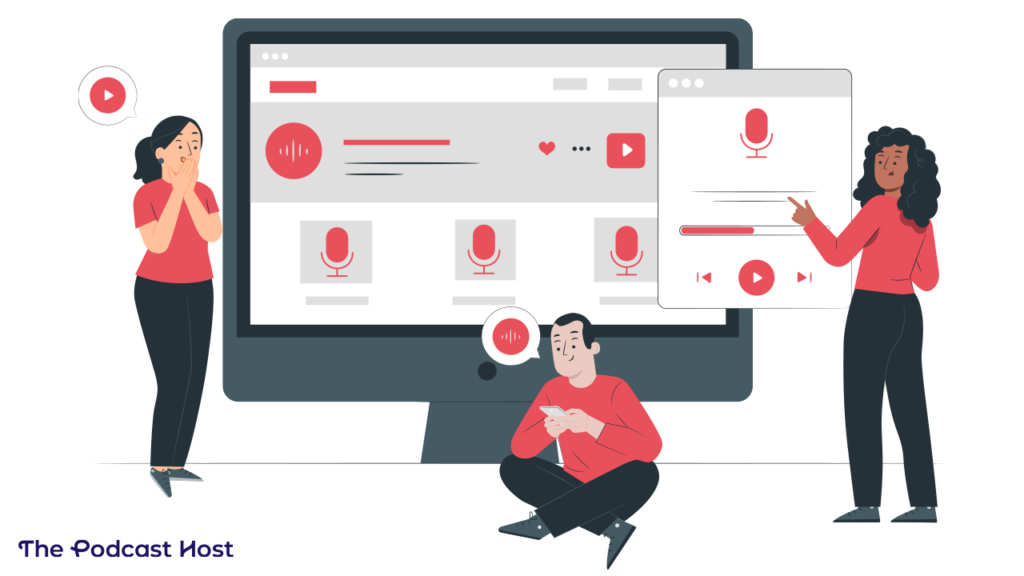
5 Reasons Why Open Podcasting Is Important to Podcasters
Essentially, protecting open podcasting is all about retaining choice and control for podcast creators and listeners alike.
Open podcasting is the reason you…
- Can distribute your show however and wherever you like – Having the freedom to publish your podcast content across any and as many listening platforms as you want is a crucial part of every podcast marketing strategy. How else do you grow your reach as an independent podcaster?
- Can choose how you monetize your show – Running an independent podcast means you can decide how (and if) you monetize your show, and which brands you work with. You may give up this control if you have an exclusive deal with any platform. This is why closed podcasting is so valuable to these big players – they want to sell advertising space in your podcasts to the brands they want to work with.
- Have control over what content is available where – If you decide you don’t want a particular episode of your podcast to appear on a particular listening platform, open podcasting ensures you’re in charge of this.
- Are never at the mercy of one platform – If your content only exists on one platform, what happens if it goes away? In the open podcasting ecosystem, if a certain listening app ceases to exist, your audience on that platform can simply download a new app and continue enjoying your show elsewhere.
- Don’t miss out on listeners who use certain listening apps – As creators and listeners, we all have our preferred listening apps for consuming podcast content. By releasing your podcasts on just one platform, you’re missing out on many potential followers who don’t use that app as their listening platform.
What’s Being Done to Protect Open Podcasting?
By now, you’re hopefully starting to see why open podcasting is so important for the industry as a whole.
And, as big tech companies like Spotify and Amazon make moves to monopolise audio content, protecting its openness has never been so crucial.
The Podcast Standards Project seeks to create a podcasting ecosystem across all hosting and listening platforms to protect, promote, and enhance open podcasting.
With so many household names in the industry already involved, the PSP is off to a flying start. However, they need the support and participation of all to maximise their potential.
So what can you do?
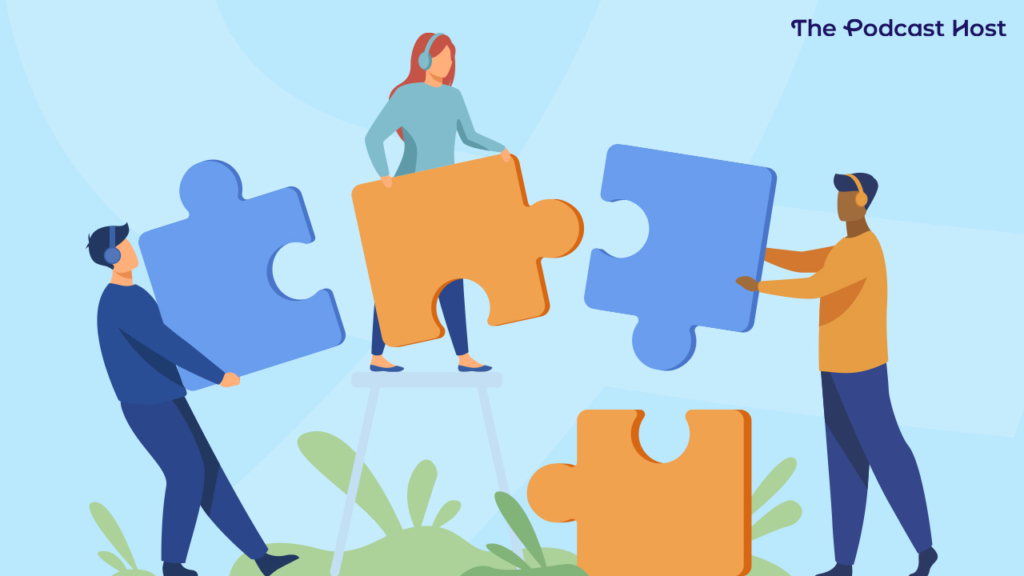
Open Podcasting: How You Can Help
If you’re new to the concept of open podcasting, just being aware of what it is and why it’s so important to the industry is a great first step in the right direction. But here are some more practical steps to put your weight behind it.
As a Podcast Listener
- Want to ensure you can continue to enjoy all of your favourite shows on your terms, and on your favourite app? Reach out to the creators of that app, and request that they support the PSP and its features if they’re not doing so already.
- While you’re at it, reach out to your favourite podcasters, too. Share this post with them and make sure they’re aware of it.
As a Podcaster
- Share resources, such as this blog post, the PSP website, and the podcast episodes linked to here, with fellow podcasters in your circle or network.
- Contact your hosting provider to request that they support the PSP and its features, if they’re not doing so already.
- Record a podcast episode to help explain open podcasting to your listeners and make them aware of what’s happening.
- Join the Podcast Standards Project on GitHub to keep up with and participate in developments. Don’t be put off if you feel like you’re in the “non-techy” camp and have nothing to contribute – the folks there will be delighted to hear your views and suggestions, and the coalition will be galvanised by your presence.
- Connect with Podcast Standards Project on Twitter
- Check out their introductory blog post: What is open podcasting, and why does it matter?
